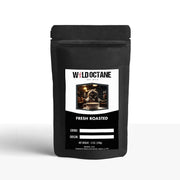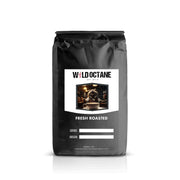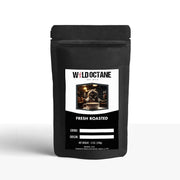The amount of caffeine in a drink can vary based on several factors, including the type of plant, how it’s processed, and how the beverage is prepared. Generally speaking, coffee contains significantly more caffeine than tea, making it the go-to choice for a quick energy boost.
Coffee
-
Average Caffeine Content: A standard 8-ounce cup of brewed coffee contains approximately 95 mg of caffeine, though this can vary significantly based on brewing methods and the type of coffee bean used.
- Drip Coffee: Generally contains about 95-200 mg of caffeine per 8-ounce cup.
- Espresso: Has a higher concentration of caffeine, with about 63 mg per ounce. However, because it’s typically served in smaller amounts (1-2 ounces), a shot of espresso might not provide as much caffeine as a full cup of brewed coffee.
Tea
-
Average Caffeine Content: The caffeine content in tea can vary widely based on the type of tea and its preparation. On average, an 8-ounce cup of brewed tea contains:
- Black Tea: About 40-70 mg of caffeine.
- Green Tea: Approximately 20-45 mg of caffeine.
- Herbal Tea: Typically caffeine-free, although some blends may contain added caffeine sources.
Factors Affecting Caffeine Levels
-
Type of Coffee or Tea: Different types of coffee beans (Arabica vs. Robusta) and different tea varieties (black, green, white, oolong) have varying levels of caffeine.
-
Brewing Time: The longer you brew coffee or tea, the more caffeine is extracted. For tea, steeping time can vary based on the type (e.g., green tea is usually steeped for a shorter time than black tea).
-
Serving Size: Coffee is often consumed in larger servings compared to tea, which can skew perceptions of caffeine content.
-
Preparation Method: Cold brew coffee tends to have higher caffeine levels due to the extended brewing process, while the method of brewing tea can also impact its caffeine extraction.
The Health Perspective
While caffeine can boost energy and concentration, it can also lead to side effects like insomnia, jitteriness, or increased heart rate in sensitive individuals. Both coffee and tea contain other beneficial compounds, such as antioxidants, which can contribute to overall health.
-
Coffee: Linked to various health benefits, including reduced risk of certain diseases, improved mental function, and enhanced athletic performance.
-
Tea: Often praised for its calming effects, herbal teas can promote relaxation and digestion, while green and black teas may contribute to cardiovascular health.









